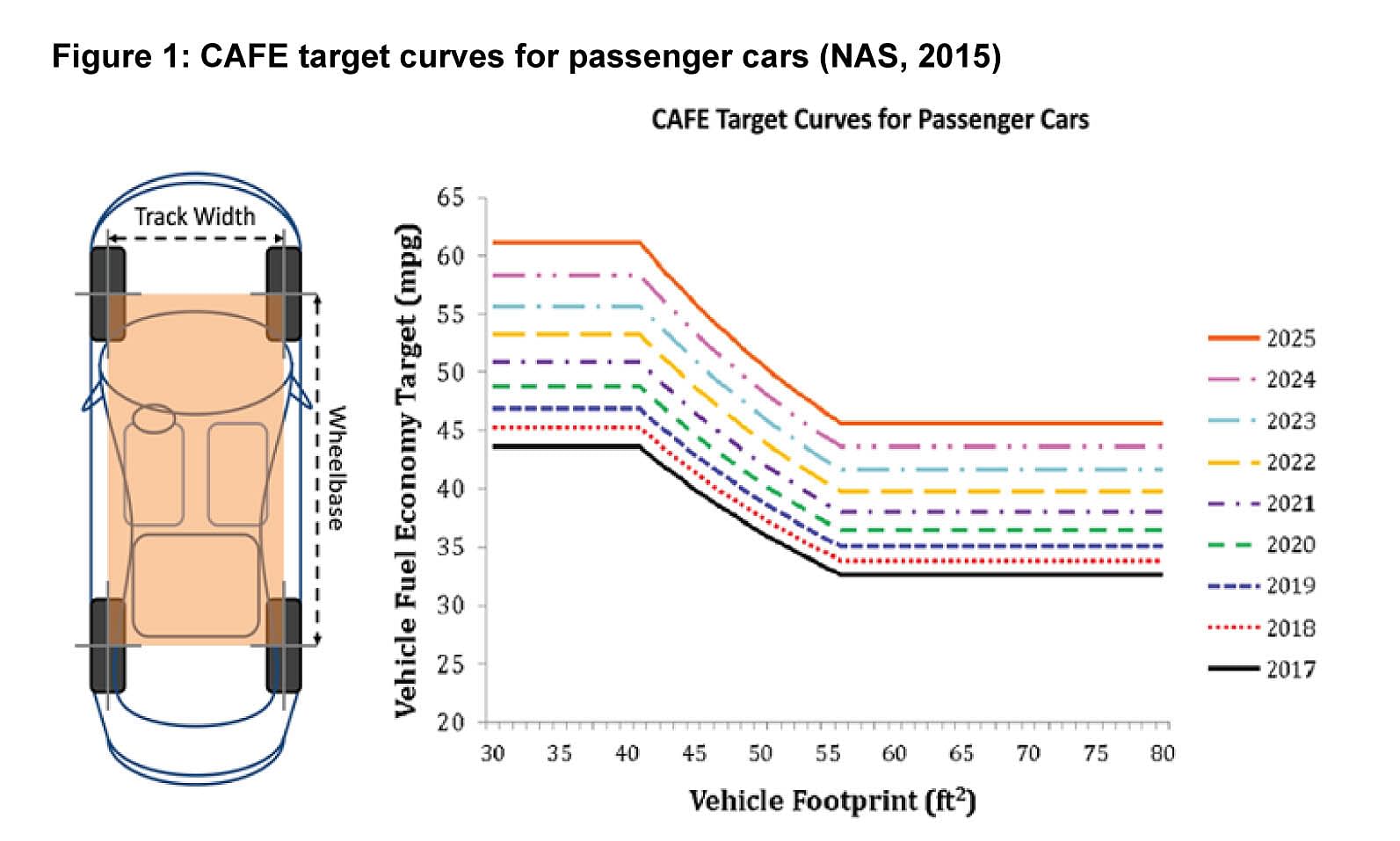70 percent of US suppliers don’t want policymakers to change standards
Tier 1 suppliers in the USA want long-term goals, support 2025 targets.
Major automotive suppliers see national [U.S.] fuel economy standards as important for long-term planning and investment and don’t want to see them altered by policymakers, according to a first-of-its-kind industry survey commissioned by CALSTART, an automotive technology industry group.
“This survey underscores the degree to which deploying new fuel-efficient technology is already baked into companies’ businesses plans,” said John Boesel, president and CEO of CALSTART. “Companies are clearly ready to innovate and see the upside in the standards.”
CALSTART commissioned Ricardo Energy & Environment, a global environmental consultancy that specialises in the development and implementation of sustainable policy and technology across the automotive industry, to conduct the survey. The firm polled and interviewed 23 suppliers, almost all of them global Tier 1 suppliers that sell parts directly to automakers.
According to the survey:
- 70 percent of suppliers said policymakers should not adjust the program’s goals.\
- 65 percent agreed with the decision to set new miles-per-gallon standards for 2025, with 30 percent saying they strongly agreed with the decision.
- Among those who agreed, all but one named regulatory certainty as critical for the industry and half said the standards spark innovation.
- 59 percent said that fuel-economy standards help spur job growth.
- Suppliers identified a wide range of conventional and electric technology that could be used to meet the standards.
- Three-quarters agreed that setting targets beyond 2025 is also important for long-term planning.
Mihai Dorobantu, the director of technology planning and government affairs at Eaton Vehicle Group, a major automotive supplier that participated in the survey, said he appreciated CALSTART seeking insights from advanced technology suppliers.
“Eaton has cost effective technologies today that help manufacturers improve fuel efficiency and reduce carbon dioxide emissions,” he said, “We’re actively developing other fuel saving and electrification technologies for internal combustion engines and electrified propulsion, that will further improve vehicle performance today and into the future. Regulatory standards that are aimed at achieving real fuel savings are helpful for Eaton and for the industry as a whole. They create a clear path that allows for long-term investments in advanced technologies.”
When presented with a list of technologies that might be used to meet fuel-efficiency standards, suppliers picked turbocharging and engine downsizing, along with higher-speed automatic transmissions, as the most critical. Hybrid technology was also viewed as important, along with variable valve timing, gasoline direct injection, and mass reduction. Suppliers were split on whether or not meeting the standards would ultimately require more electric vehicles than are already slated to hit the roads under state zero-emissions vehicle requirements.
Earlier this year, the Environmental Protection Agency (EPA), Department of Transportation (DOT) and California Air Resources Board issued a technical analysis of Corporate Average Fuel Economy (CAFE) and greenhouse gas standards for light-duty cars and trucks, focusing on mileage requirements for model years 2022 to 2025. The agencies will take public comments on the analysis until September 26, and will formally propose new requirements next year.

Starting in 2008, agencies reformed fuel-economy requirements to make them footprint- based, meaning smaller vehicles have higher miles-per-gallon requirements while larger vehicles have lower ones. Suppliers emphasised that even as all vehicle types become more efficient, consumers are expected to buy more large cars, trucks and SUVs if gas prices remain low.
Overall, federal agencies project a fleet-wide fuel economy average of between 50 and 52.6 miles per gallon under test conditions for the 2025 model year. That translates to an average of 36 miles per gallon (15.3 kilometres per litre) in actual on-road performance, which is about what today’s petrol-powered Honda Fit already achieves.
RELATED ARTICLES
Autoliv Plans JV for Advanced Safety Electronics With China’s HSAE
The new joint venture, which is to be located strategically near Shanghai and close to several existing Autoliv sites in...
JLR to Restart Production Over a Month After September Hacking
Manufacturing operations at the Tata Group-owned British luxury car and SUV manufacturer were shut down following a cybe...
BYD UK Sales Jump 880% in September to 11,271 units
Sales record sets the UK apart as the largest international market for BYD outside of China for the first time. The Seal...






 By Autocar Professional Bureau
By Autocar Professional Bureau
 20 Sep 2016
20 Sep 2016
 3941 Views
3941 Views





 Ajit Dalvi
Ajit Dalvi




